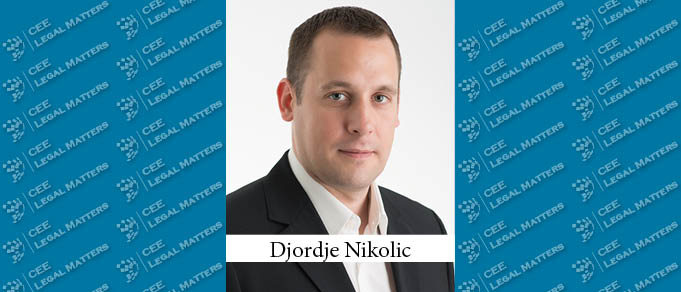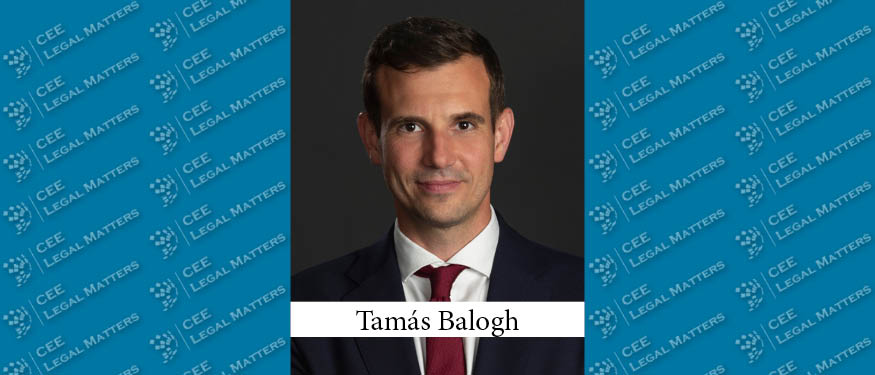Serbia is showing green across the board, with healthcare, IT, and real estate driving the economy, according to NKO Partners Partner Djordje Nikolic.
“Even with the upcoming elections in April, not much is expected to change politically,” Nikolic begins. “The level of investor happiness seems to be quite high – 2021 saw the highest total FDI come into the country since 2000, with the total number at EUR 3.9 billion.” And the investors are quite diversified, according to him, coming from the EU, Russia, United States, Middle East, China, and many more.
The reasons Nikolic cites for Serbia being a fruitful investor target are varied. “We have a highly qualified labor force that speaks English, while market-based salaries are still lower than in the rest of Europe,” he says. Additionally, Nikolic points to the fact that the state subsidizes a number of sectors and that, overall, the administrative bureaucratic system is generally efficient, although there are still some bottlenecks that need to be dealt with. “One of the upsides of having one major party control most of the state's faucets is a highly efficient administration at the local level, due to a single center running the show. For this reason, there are many successful investments in various industries realized in different cities and municipalities, throughout Serbia.”
Still, even with these positives, Nikolic is skeptical when it comes to the EU accession process. “I just don’t believe that there is enough of a democratic capacity in the country to reflect all EU values, not the least of which due to an inefficient and slow judicial system and the insufficient independence of the court system and prosecutor's office,” he says.
Weighing in on a successful 2021 transaction-wise, Nikolic outlines the business sectors working the hardest. “Firstly, which comes as no surprise given the pandemic, there is the healthcare sector. Both wholesale and retail are active, with retail being particularly aggressive,” he says. Nikolic points to Dr. Max which has been “acquiring a lot of targets in Serbia” as an example.
Next, the real estate sector has been performing very well. “All real estate aspects have been roaring – industrial, office, residential – you name it,” Nikolic says. “CTP has been particularly active here, with some 15 transactions or so in the past few years, not to mention the ever-developing Belgrade Waterfront project.”
Much like in other Balkan countries recently, the IT sector is a driver for economic betterment in Serbia as well, Nikolic says. “Many companies are coming over, setting up shop, and hiring people – but there are M&A transactions as well.” He reports that the local change in the wider legislative framework that allowed for LLCs to facilitate employee stock ownership plans was a key innovation leading to investor attention: “employees can now, more easily than before, access stock options at a group level.”
Finally, Nikolic reports on the mining and ecology sectors. “The mining sector had a particularly active first half of 2021, but most activities stopped following the anti-Rio Tinto protests that took place later in the year. Everybody is waiting for this situation to get resolved before resuming their activities in this sector,” he says. “Also, the ecology sector is packed with energy-efficient projects funded by various international organizations, including USAID and the UNDP.” Nikolic concludes by saying: “this is a very promising trend for the future, the development of green agenda projects.”

















